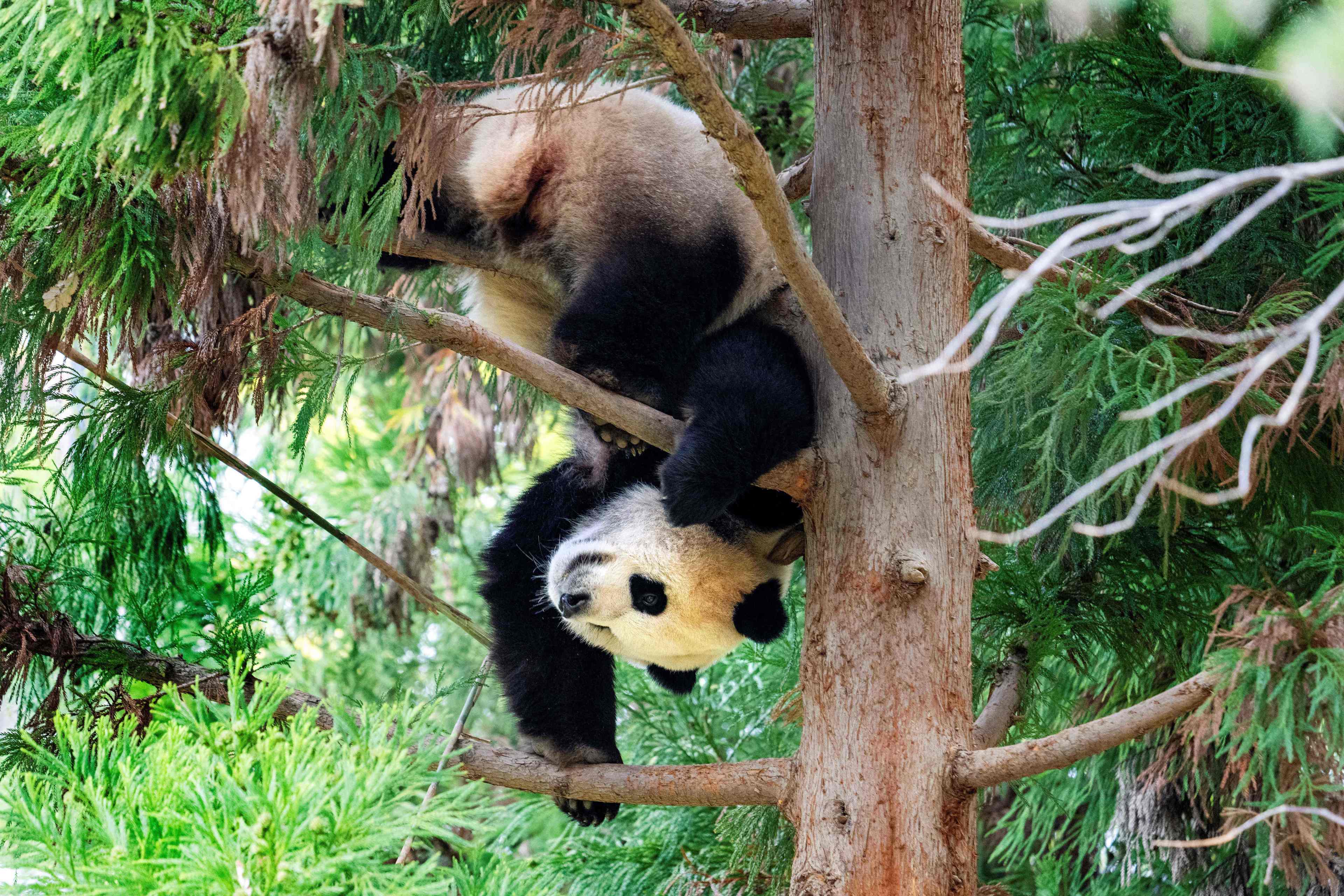China plans to send a new pair of giant pandas to the San Diego Zoo, renewing its long-standing gesture of friendship toward the United States after nearly all the iconic animals on loan to U.S. zoos were returned as relations began to sour between the two nations.
San Diego Zoo officials told the Associated Press that if all permits and other requirements are approved, two bears, a male and a female, are expected to arrive as early as the end of summer, about five years after the zoo sent its last pandas back to China.
“We’re very excited and hopeful,” said Megan Owen of the San Diego Zoo Wildlife Alliance. “They’ve expressed a tremendous amount of enthusiasm to re-initiate panda cooperation starting with the San Diego Zoo.”
It wasn’t immediately clear what the San Diego plans meant for San Francisco, which has been lobbying China for months to host a panda of its own at the San Francisco Zoo. Sources familiar with the matter told The Standard last month that officials from both countries were working to bring at least one furry friend to the city by 2025.
In November, Chinese President Xi Jinping raised hopes his country would start sending pandas to the U.S. again after he and President Joe Biden convened in Northern California for their first face-to-face meeting in a year and pledged to try to reduce tensions.
For San Diego, China is considering a pair that includes a female descendent of Bai Yun and Gao Gao, two of the zoo’s former residents, said Owen, an expert in panda behavior who has worked in San Diego and China.
Bai Yun, who was born in captivity in China, lived at the zoo for more than 20 years and gave birth to six cubs there. She and her son were the zoo’s last pandas and returned to China in 2019.
Gao Gao was born in the wild in China and lived at the San Diego Zoo from 2003 to 2018 before being sent back.
Decades of conservation efforts in the wild and study in captivity saved the giant panda species from extinction, increasing its population from fewer than 1,000 at one time to more than 1,800 in the wild and captivity.
The black-and-white animals have long been the symbol of the U.S.-China friendship since Beijing gifted a pair of pandas to the National Zoo in Washington, D.C., in 1972, ahead of the normalization of bilateral relations. China later loaned pandas to zoos to help breed cubs and boost the population.
Demands for the return of giant pandas, known as China’s “national treasure,” grew among the Chinese public as unproven allegations that U.S. zoos mistreated the pandas flooded Chinese social media.
Fears over the future of so-called panda diplomacy escalated last year when zoos in Memphis, Tennessee, and Washington, D.C., returned their pandas to China, leaving only four pandas in the United States, all at the zoo in Atlanta. That loan agreement expires this year.
Many loan agreements were for 10 years and often were extended well beyond. But negotiations last year to extend the agreements with U.S. zoos or send more pandas did not produce results. China watchers speculated that Beijing was gradually pulling its pandas from Western nations due to deteriorating diplomatic relations with the U.S. and other countries.
Then on Nov. 15, a week after the National Zoo’s pandas departed for China, Xi spoke at a dinner in downtown San Francisco with American business executives and signaled that more pandas might be sent. He said he learned the San Diego Zoo and people in California “very much look forward to welcoming pandas back.”
“I was told that many American people, especially children, were really reluctant to say goodbye to the pandas and went to the zoo to see them off,” Xi said.
Owen said China is particularly interested in exchanging information on the zoo’s successful breeding of pandas in captivity. Giant pandas are difficult to breed in part because the female’s reproductive window is extremely narrow, lasting only 48 to 72 hours each year.
Bai Yun’s first cub, Hua Mei, was also the first panda born through artificial insemination to survive into adulthood outside of China, and would go on to produce 12 cubs on her own after she was sent to China.
Bai Yun, meanwhile, remained at the zoo where she gave birth to two more females and three males. With cameras in her den, researchers monitored her, contributing to the understanding of maternal care behavior, Owen said.
“We have a lot of institutional knowledge and capacity from our last cooperative agreement, which we will be able to parlay into this next chapter, as well as training the next generation of panda conservationists,” she said.
Chinese experts would travel with the bears and spend months in San Diego, Owen said.
She said the bears’ return would be good for San Diego and the giant panda’s recovery as a species.
“We do talk about panda diplomacy all the time,” Owen said. “Diplomacy is a critical part of conservation in any number of contexts. … If we can’t learn to work together, you know, in sometimes difficult situations or situations that are completely out of the control of conservationists, then we’re not going to succeed.”
